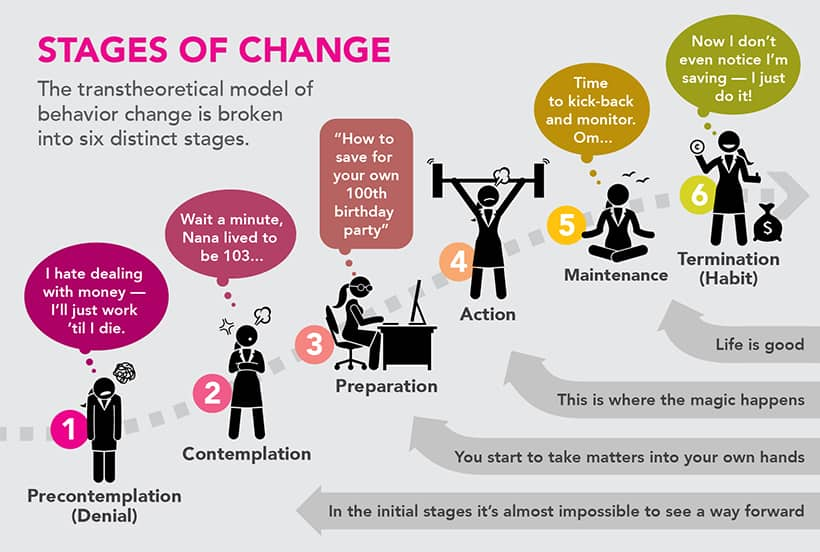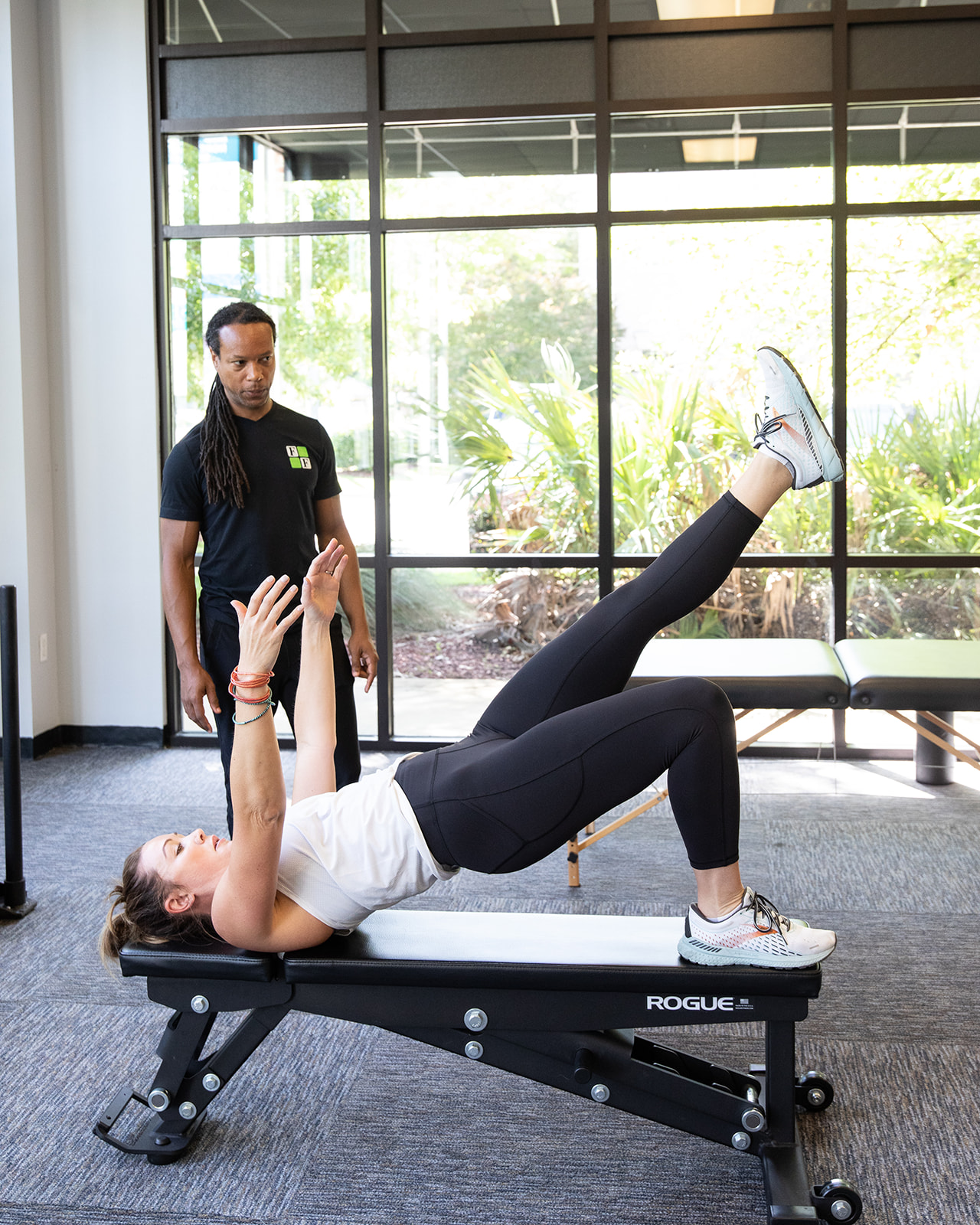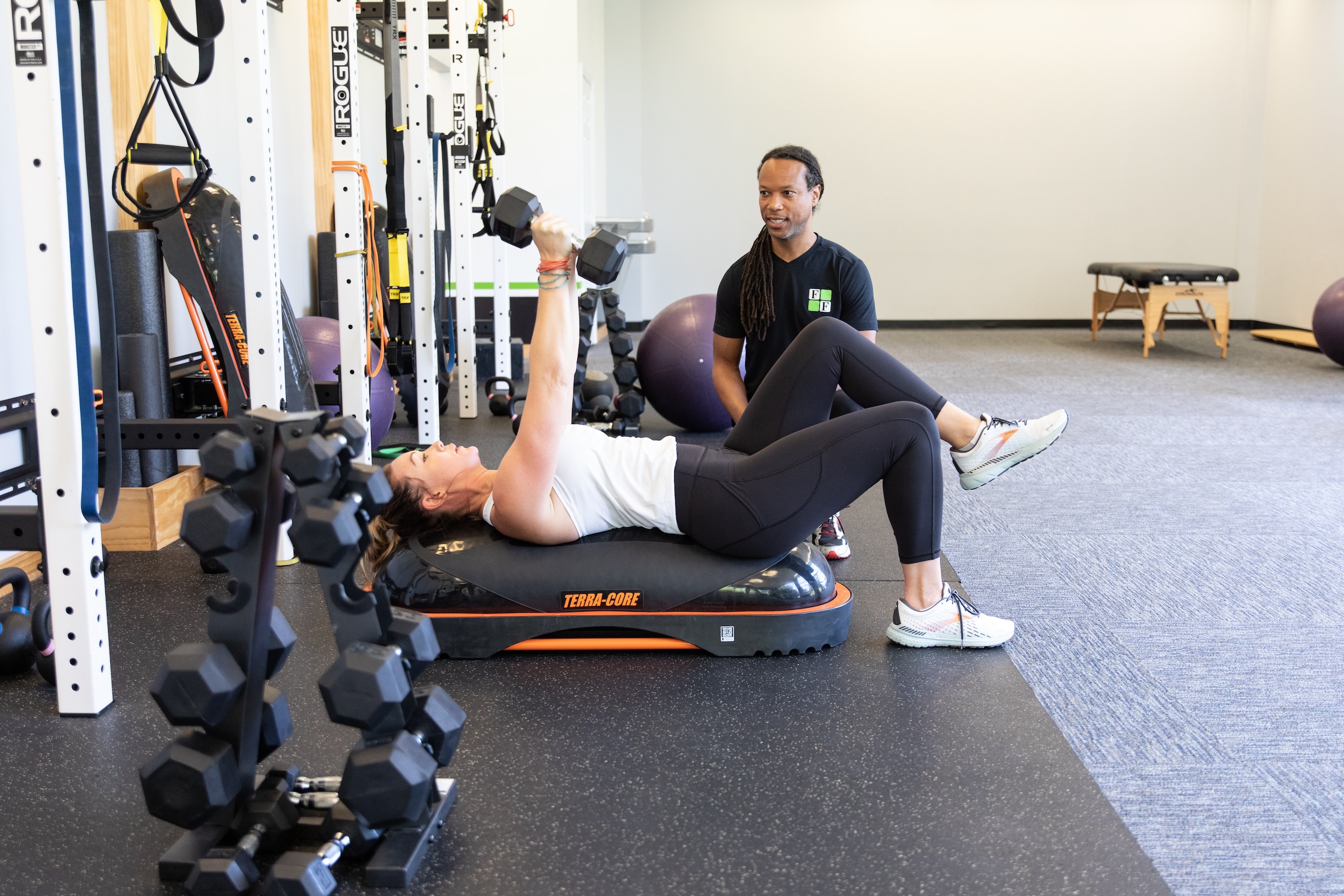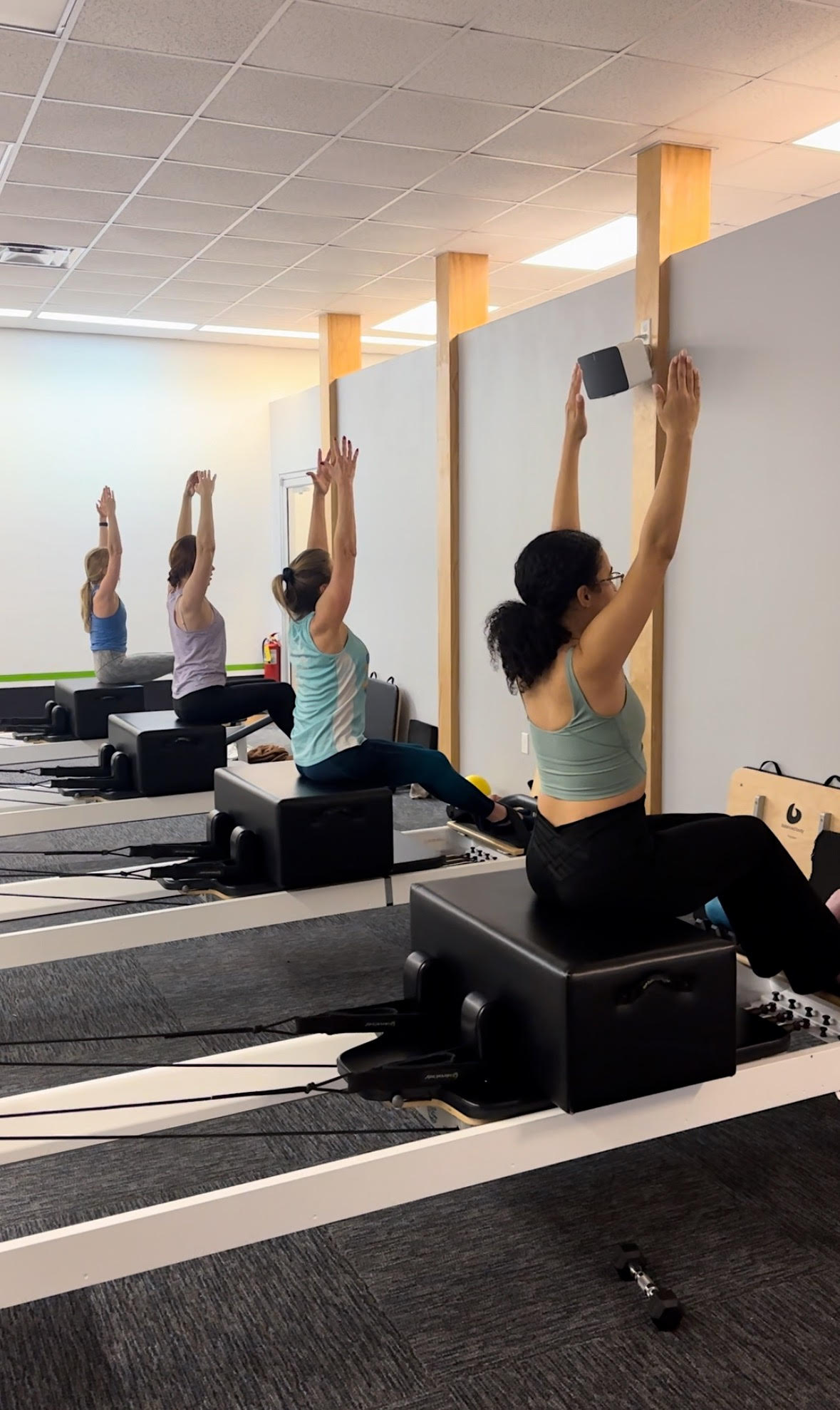September 22, 2023
The Stages of Change
The stages of change model, also known as the Transtheoretical Model, helps individuals understand their readiness and motivation to change their behavior. This model is often applied to various health-related behaviors, including fitness and exercise. The stages of change for fitness can be described as follows:
- 1
Precontemplation: In this stage, individuals have no intention or awareness of the need to change their fitness behavior. They may not realize the potential benefits of regular exercise and remain inactive or sedentary.
- 2
Contemplation: In this stage, individuals acknowledge the need for change and start considering the possibility of adopting a fitness routine. They may weigh the pros and cons of exercising regularly, but they have not yet committed to taking action.
- 3
Preparation: In this stage, individuals have made the decision to change their fitness behavior and are preparing for action. They may start doing research, gathering information, and making plans to start exercising. They may also set specific goals and create a fitness plan.
- 4
Action: In this stage, individuals actively engage in physical activity as part of their fitness routine. They have successfully implemented their plan and engage in regular exercise. This stage requires ongoing effort, commitment, and consistency to maintain the new behavior.
- 5
Maintenance: In this stage, individuals have successfully adopted a fitness routine and have been engaging in regular exercise for a significant period, typically six months or longer. They have integrated exercise into their lifestyle and work to sustain their progress and continue reaping the benefits.
- 6
Relapse: Despite progress and successful adoption of a fitness routine, some individuals may experience relapses or setbacks. They may revert to their previous inactive habits, temporarily or long-term. Relapse is viewed as a normal part of behavior change and should not discourage individuals from trying again.
- 7
Termination/Adoption: In this stage, individuals have fully embraced the new fitness behavior and it becomes a stable, consistent part of their lifestyle. Exercise is no longer viewed as a challenging or effortful behavior change, but rather as a regular habit and natural part of their routine.

Individuals may move back and forth between these stages, as behavior change is not linear. It is also helpful to seek support and guidance from professionals, such as fitness trainers or healthcare providers, to navigate through the stages of change and maintain progress towards healthier habits.
Share
by Heather Kelly
Share
Many of us know and understand the importance of physical therapy. But what isn't as common of knowledge is that it is important to be completely ready before [...]
Have you been working out for months, or even years, without seeing the amount of progress or change you had hoped for? This is a common issue a [...]
What is Pilates and why should you try it? The benefits of Pilates are: Increased Strength & Flexibility: Pilates creates a mind-body connection working multiple muscles throughout the entire body [...]




